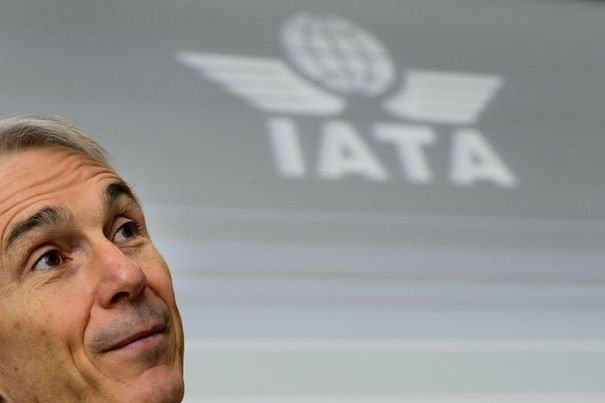
(DNE File Photo)
Negotiations over a $500m loan from the World Bank have been finalised, according to Minister of Housing, Utilities and Urban Communities Mustafa Madbouly Saturday.
The loan, which is to be repaid over a five-year period, is to support the 1m residential units’ project, also referred to as the “social housing project” that is backed by the Social Housing Fund.
The Fund was established in November 2014 under the Ministry of Housing, and is responsible for imposing the general policies of constructing and managing the units. It will also be responsible for financing the project from the budget allocations and sales revenues.
It will further provide the commercial and professional services required for the constructed units.
Any social housing budget will enter the fund immediately, where within three years social housing projects for low-income recipients will be self-financed by the fund and will slightly depend on the state budget, Madbouly added.
Madbouly also said that the ministry will allow the rental of a part of the project’s units in the coming phase.
The fourth phase of the project was launched last month; allowing citizens to apply for 20,000 units in 18 governorates until 5 March.
The social housing project was initially announced by Mubarak’s last housing minister, Ahmed Al-Maghrabi. The project was announced during the 25 January Revolution, urging people to apply, but the minister made no mention of conditions.
The post-revolution government announced the project’s implementation in July 2012. The national project is expected to provide 1m residential units. Construction was projected to last five years, from fiscal year (FY) 2012/13 to FY 2016/17, with an average of 200,000 units expected to be constructed per year.
In December 2014 a report was issued by Egyptian Initiative for Personal Rights (EIPR), in which the study criticised the progress of the project. It revealed that the government delivered just 11% of its project target in fiscal years (FY) 2012/13 and 2013/14.




